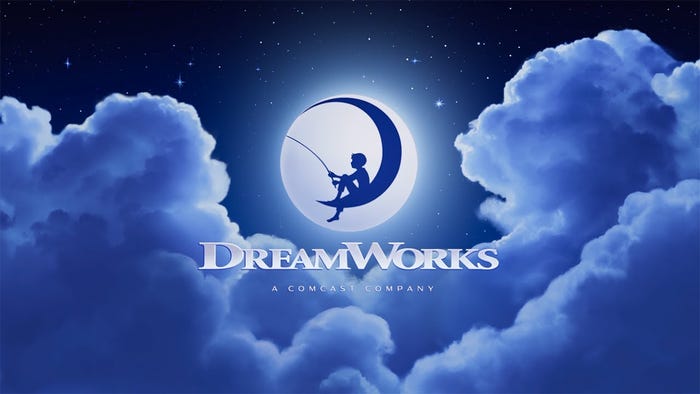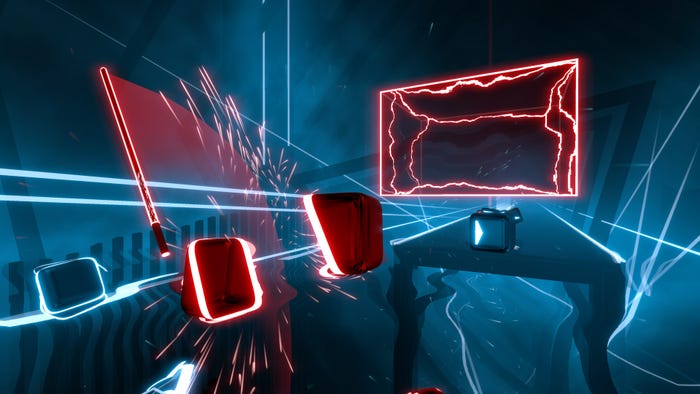Why so puzzled
The debate of what makes a game or not had been a very long one. We always find exceptions to the rule. One of the many debated topics are Puzzles. I want to show with this article why Puzzles are or are not a game.

Interactive - non-Interactive and Staic - Active
Puzzles are static, games are interactive. -Greg Costikyan
http://www.costik.com/nowords.html
The first thing I must ask here is:
Are Puzzles static?
Are Puzzles non-interactive?
Can we compare even puzzles to games on the grounds that one is static and the other is interactive? What are we talking about here? Can the two words even be compared to each other?
The state of the thing will change depending on your decision. -Greg Costikyan
A puzzle starts unsolved, and you complete it when there is nothing to solve anymore.
Assembling a car is unfinished until all that go into it are assembled and no parts a left over.
A game is not finished until the last objective is completed and a player has won.
In each example we have two states:
Puzzle: unsolved - solved
Car: unassebled - assembled
Game: uncompleted - completed
Each has a goal: Some kind of completness. Each time we make a decision, the puzzle becomes a little less unsolved, the car a bit more assembled the player in the game a bit closer to completing the last objective.
A crossword puzzle can be solved in any order of words. The player makes a choice, depending on his choices (even bad ones) he gets closer and closer to solving it.
You can assemble a car in many different ways, there is no defnite route, though some are obviously not possible and wrong.
A game has many decisions for him to make. Go left or go right. Buy a property in Monopoly or not. There will be eventually a final decision taht will lead to one player winning the game and the game is completed.
The above quote sais something is interactive (allows Interaction) if it's state can be changed.
In a puzzle the state is not just purely black and white as solved/unsolved as it is in a game uncompleted/completed. True there are puzzles where you have only one solution and one action to do it. But that makes the puzzle still interactive.
A puzzle is like a lightswitch when it is that simple.
A light switch is interactive. You fl ick it up, the light turns on. You flick it down, the light turns off. That’s interaction. -Greg Costikyan
According to that then: Puzzles are interactive, games are interactive.
Now, where do puzzles after all differ from games?
Greg sais puzzles are static. But are they? Puzzles don't have change, or little change. They lack development. (see the definition of the word static below).
We clearly have shown that Puzzles are interactive. Can something that is interactive be static? The opposite of static is active. Is a puzzle active? By itself it is not, but through player interaction is becomes active. Each time we solve something and interact with it, it changes a bit more towards a solved state. With little to no change it is meant that the change is so small, the outcome doesn't change whatsoever. Bbut in a puzzle, a change definitly has a strong direct impact on the outcome.
A videogame is static unless there is some kind of input, be that the user or another piece of code such as AI that adds activity to it. The moment you add activity to it, you can get interaction. You can't have interaction without activity.
"Games," by contrast, are not static, but change with the player's actions. -Chris Crawford paraphrased by Greg Costikyan
But so do puzzles!
Puzzles are interactive, games are interactive.
Puzzles are active, games are active.Are puzzles a game then?
Some puzzles are obviously so (static); no one would call a crossword a “game.” -Greg Costikyan
Why not? It has many of the same aspects that we associate with games.
There is no opposition, there is no roleplaying, and there are no resources to manage; victory is solely a consequence of puzzle solving. -Greg Costikyan
Now this part contains something that makes a difference where we are concerned.
Let's compare it with a dice game.
A dicegame usually doesn't have roleplaying, doesn't always have resource management BUT you can't SOLVE a dice game. There is nothing to solve. Mainly chance and sometimes some skill or prediction via decision making is involved to win a dice game.
A puzzle on the other hand MUST be solved using knowlege. You can try to guess and rely on chance, but more often then not it won't get you anywhere. You either solve a problem using your wits, or you don't.
Puzzles require logical thinking.
What we consider as games on the other hand don't require logical thinking. Poker doesn't require logic to win. You can bluff your way through. DOOM doesn't require logic, it requires skill in aiming and moving skillfully though the world. Yahtzee! doesn't require logic, the player relies on chance to win the game.
Puzzles can only be won by logic, games can be won anyway. Thus, Puzzles could be considered not games. They can be however, be included inside games.
With this we found one additional trait we could add to our definition of game.
Games can be completed by other means then just logic.
However, if we don't consider this a facter of excluding puzzles from being a game, then puzzles must be a kind of game.
NOTES:
You might ask why I go and rely on dictionary and thesaurus definitions of words. Game design is a young, to some degree subjective and term inconsistent business. Since there is no common terminology, we must rely on the exact meanings of the words we are using. To illustrate that I feel that some words are used wrongly, I like to show what they actually mean, and how they should be applied to our critical dialogue.
I also want to add that my conclusion is far from the last word spoken on this topic, and I encourage anyone who reads my article to try and disprove my statements and show my err in reasoning. It serves as a grounds for debate and help us define more clearly in the overall scheme of understanding game design, what games actually are, and how we can determine if something is a game or not.
To Greg Costikyan (if you happen to read it):
I apologize to you if I look like I am shredding your paper and reasoning apart and scupulously attempt to disect your reasoning and it upsets you. I know I can sound a bit harsh at times. I have chosen to use your article because I believe it is one of the best ones there is when attempting to define what is a game and what is not. I hope it serves as a constructive debate. I did this with the greatest respect for you and your work. -Simon
stat·ic
–adjective
1. pertaining to or characterized by a fixed or stationary condition.
2. showing little or no change: a static concept; a static relationship.
3.
lacking movement, development, or vitality: The novel was marred by static characterizations, especially in its central figures.
ac·tive
–adjective 1. engaged in action; characterized by energetic work, participation, etc.; busy: an active life. 2. being in a state of existence, progress, or motion: active hostilities. 3. involving physical effort and action: active sports. 4. having the power of quick motion; nimble: active as a gazelle. 5. characterized by action, motion, volume, use, participation, etc.: an active market in wheat; an active list of subscribers. 6. causing activity or change; capable of exerting influence (opposed to passive): active treason. 7. effective (opposed to inert): active ingredients. in·ter·ac·tive (non-interactive would be those activities negated) –adjective
1. acting one upon or with the other.
2. of or pertaining to a two-way system of electronic communications, as by means of television or computer: interactive communications between families using two-way cable television.
3.
(of a computer program or system) interacting with a human user, often in a conversational way, to obtain data or commands and to give immediate results or updated information: For many years airline reservations have been handled by interactive computer systems.
4.
Acting or capable of acting on each other.
5.
Computer Science Of or relating to a program that responds to user activity.
6.
Of, relating to, or being a form of television entertainment in which the signal activates electronic apparatus in the viewer's home or the viewer uses the apparatus to affect events on the screen, or both.
interactive definition
programming A term describing a program whose input and output are interleaved, like a conversation, allowing the user's input to depend on earlier output from the same run. The interaction with the user is usually conducted through either a text-based interface or a graphical user interface. Other kinds of interface, e.g. using speech recognition and/or speech synthesis, are also possible. This is in contrast to batch processing where all the input is prepared before the program runs and so cannot depend on the program's output. (1996-06-21) The original Published article can be found on my website: http://gameonaut.com/wordpress/?p=139
Read more about:
BlogsAbout the Author(s)
You May Also Like













